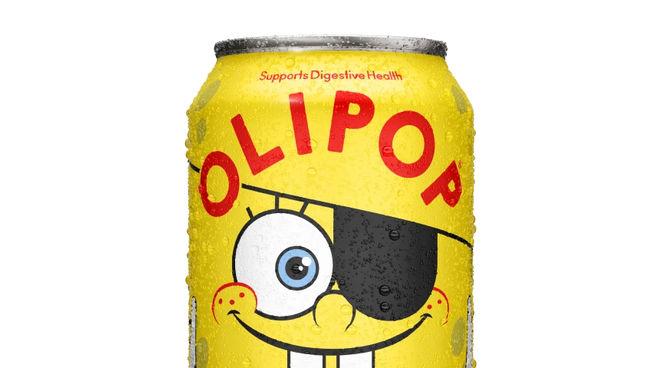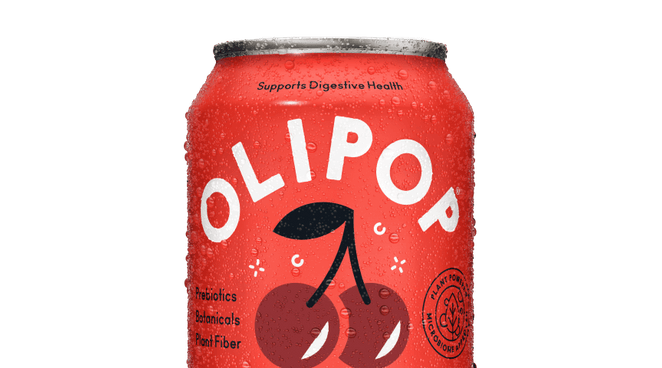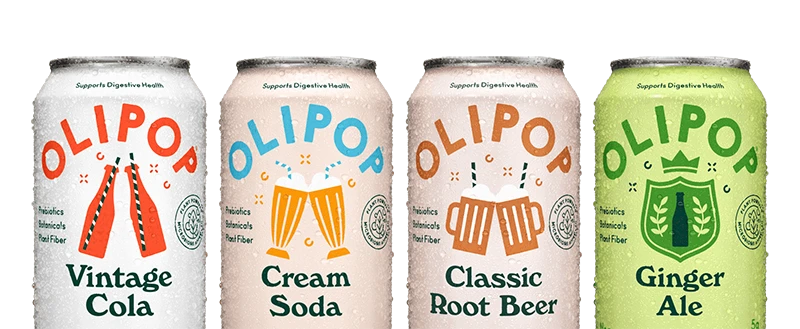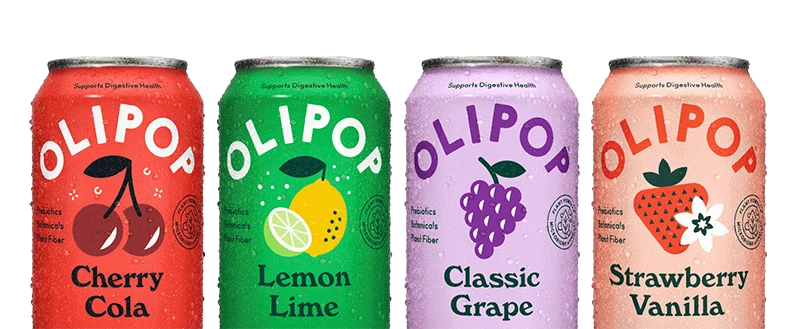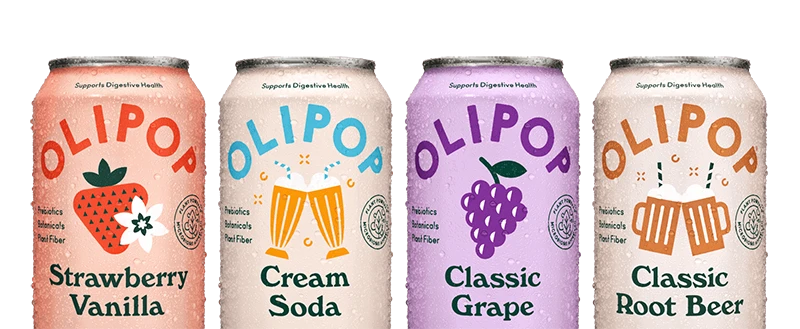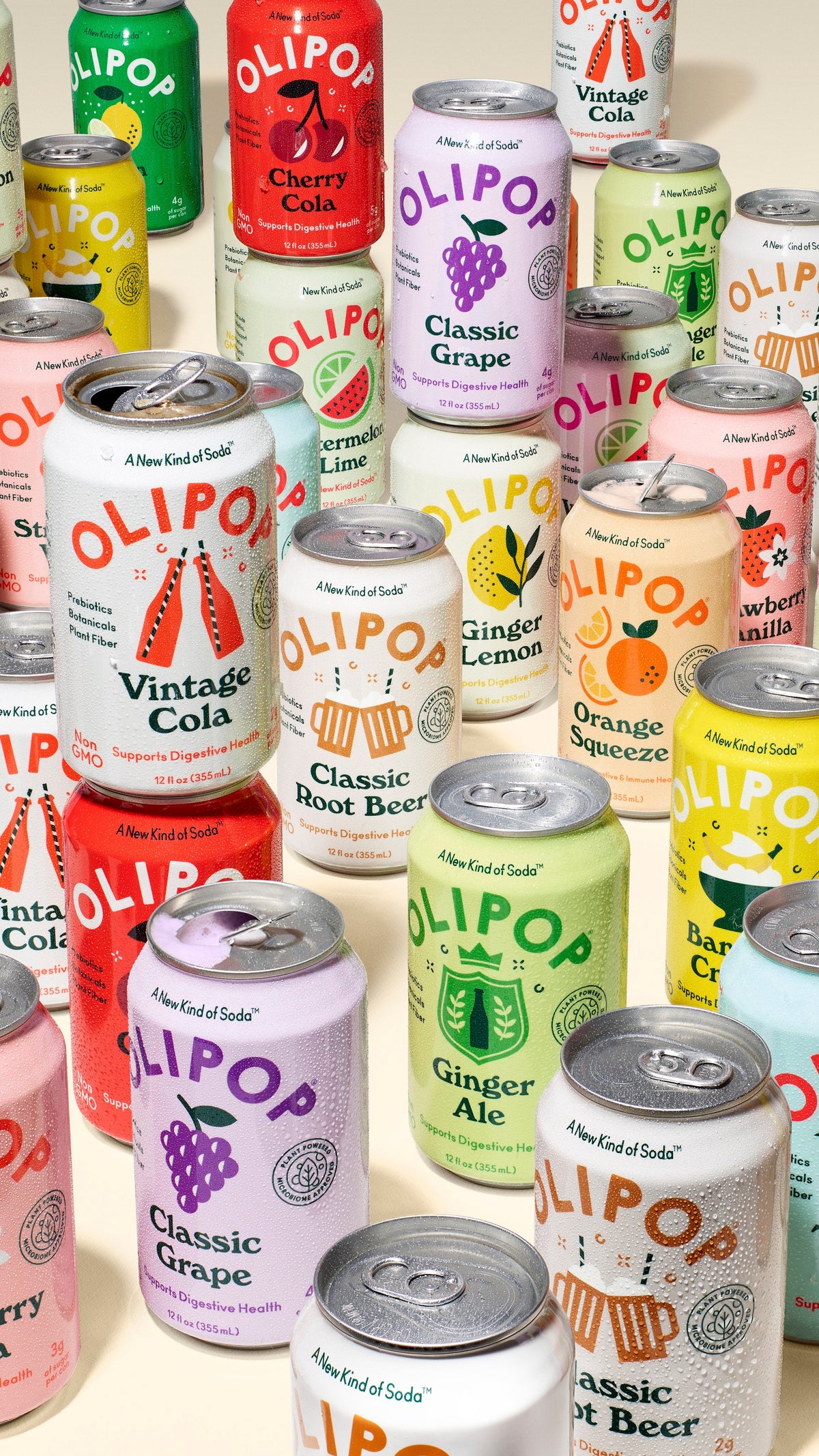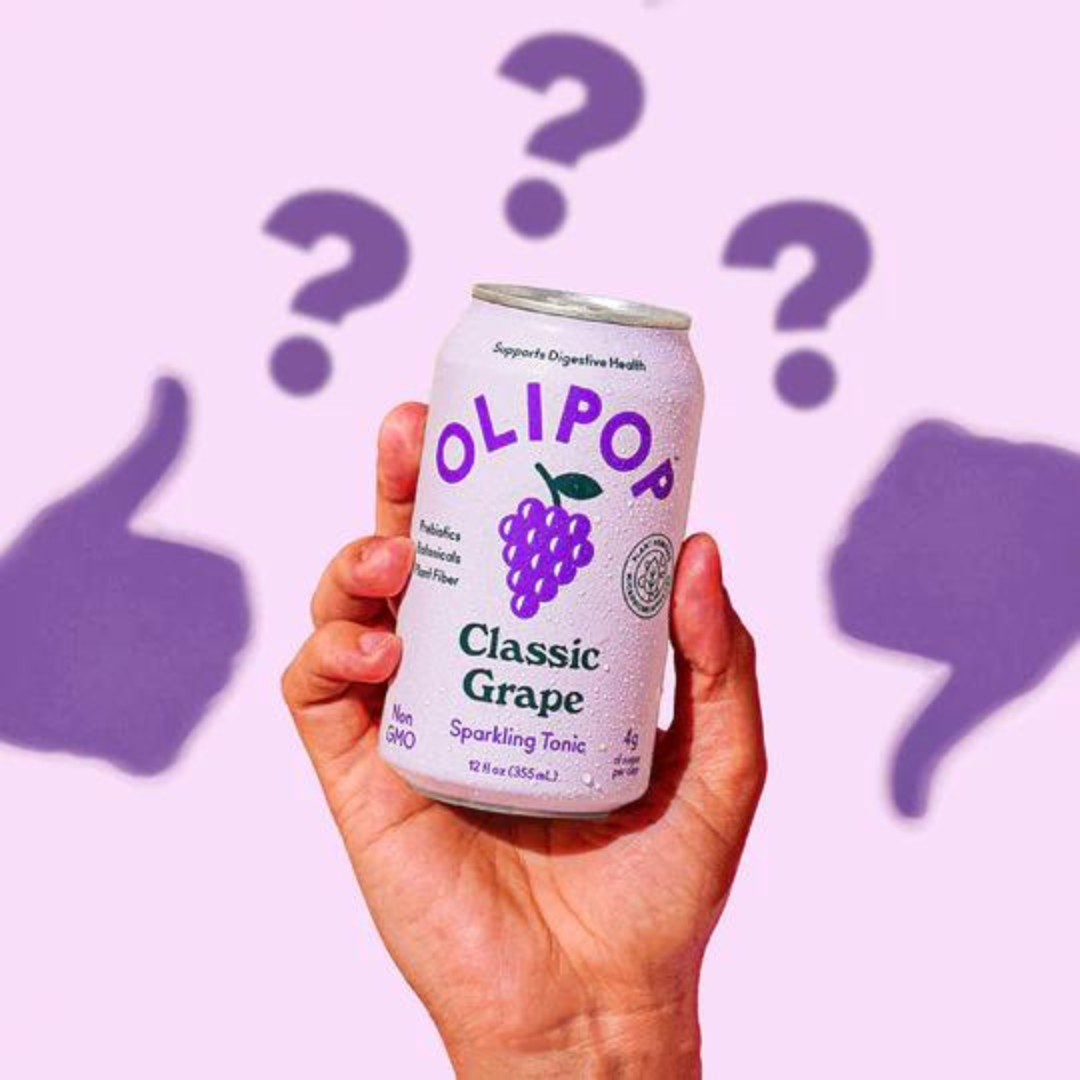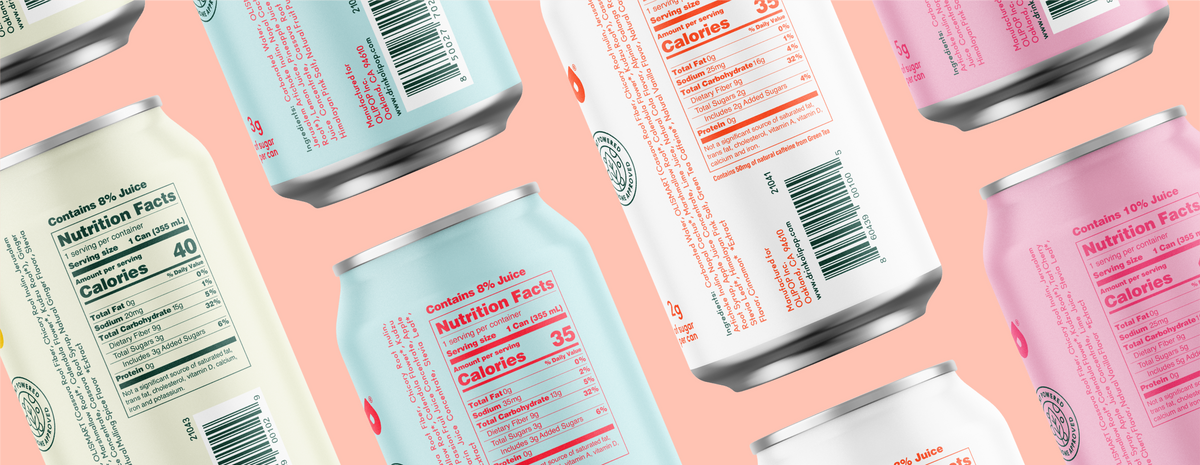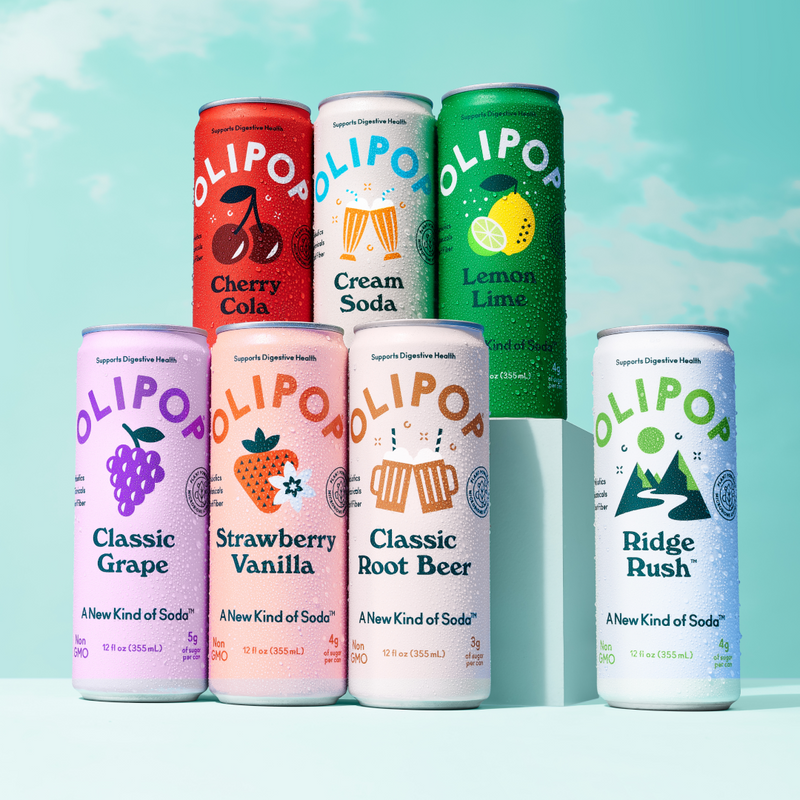-
OLIPOP 101 - OLIPOP FAQs

4 min read
Where Can You Buy OLIPOP? How to Find OLIPOP in the Wild
Discover where to buy OLIPOP, the delicious, high fiber soda with prebiotics. Learn how to use our store locator and how to order online.
Read More
-
Digestive Health - Fiber

6 min read
How Much Fiber Do You Need a Day?
You know fiber is good for you and that it’s needed in your diet. But what exactly is fiber, why is it important, and how much should you eat per day?
Read More
-
Digestive Health - Prebiotics

5 min read
What Is Prebiotic Fiber?
We're shining a light on the all-important benefits of prebiotic fiber and how to add more prebiotic fiber foods and drinks to your diet.
Read More
-
Digestive Health - Fiber

5 min read
What Is Fiber? Benefits, Uses, Foods & More
Fiber is the part of plant foods your body can't digest or absorb. Both soluble and insoluble are necessary for your diet. Here's how to get more of it.
Read More
-
OLIPOP 101 - Flavors

3 min read
Meet the Yeti Crew Spreading Holiday Cheer
Meet OLI, POP, and PIP, our cheer-spreading Yetis! They’re on a mission to brighten your season with Vintage Cola, Ginger Ale, and Crisp Apple.
Read More
-
Digestive Health - Fiber

5 min read
Understanding The Fiber Gap: Why Aren’t We Getting Enough?
Fewer than one in 10 American adults gets enough fiber. Here are a few key reasons why a fiber gap exists, plus tips to add more fiber to your diet.
Read More
Use left/right arrows to navigate the slideshow or swipe left/right if using a mobile device








